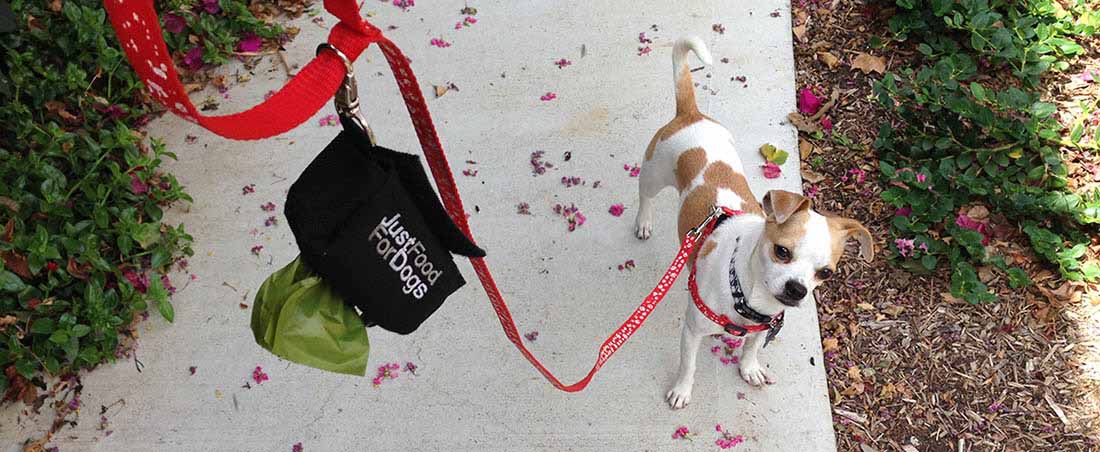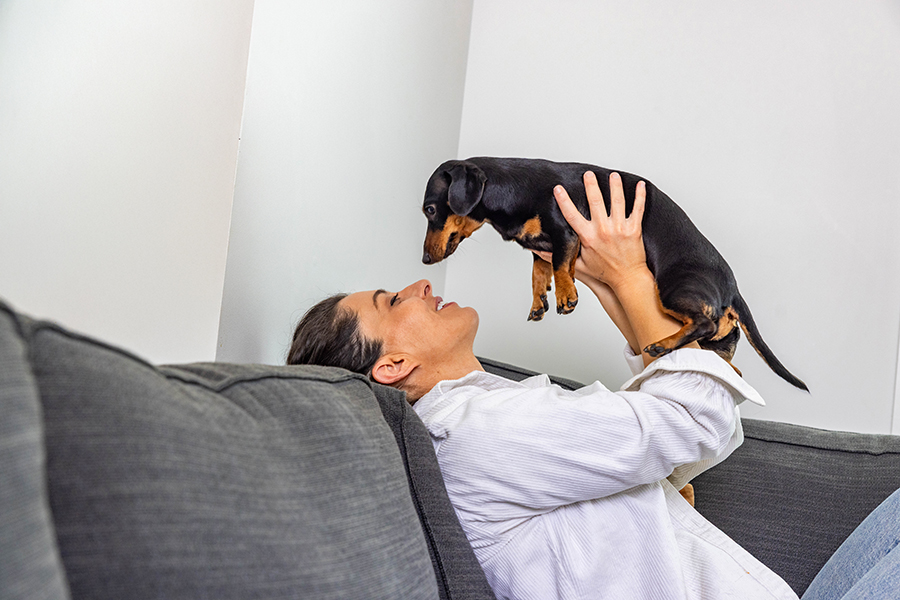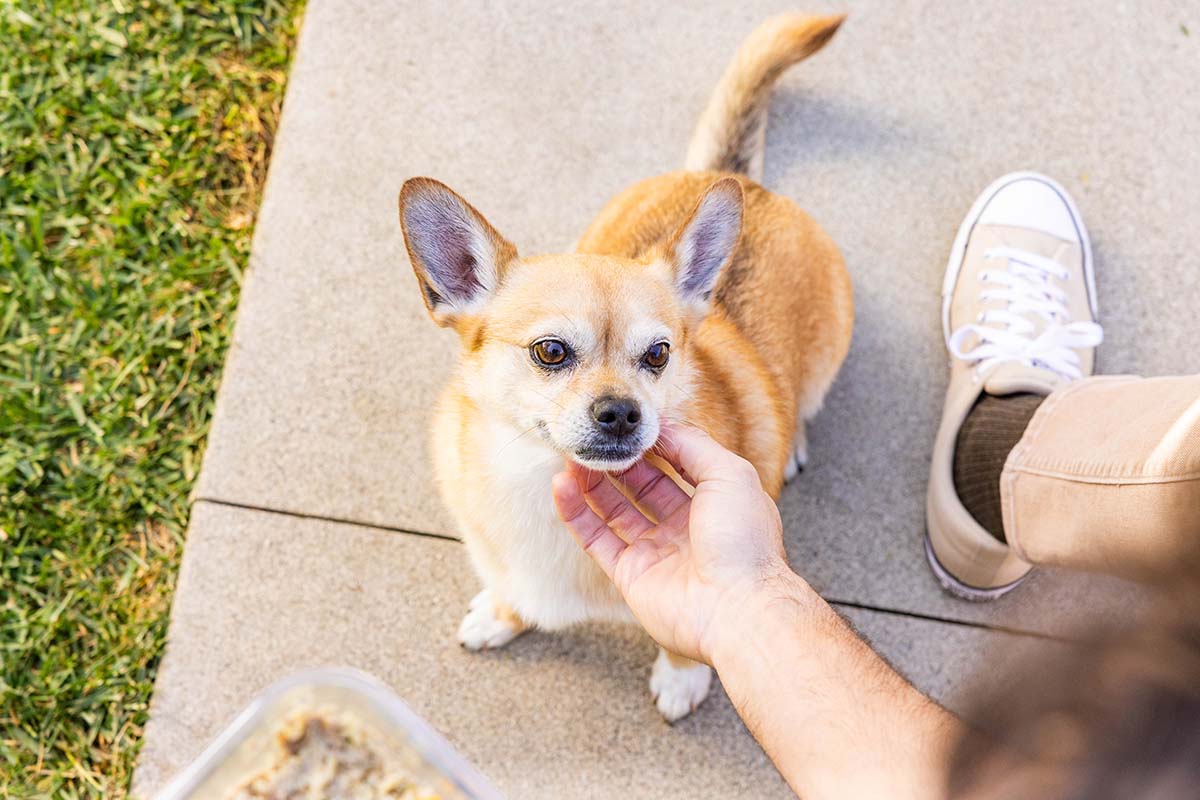Cleaning Up Dog Poop: The Ultimate Guide
Dog poop contaminated with bacteria is highly contagious if not disposed of properly.
It’s not glamorous, but as responsible pet parents, we do it every day – we pick up our pets’ poop! Cleaning up dog poop is a part of life for us.
Have you ever wondered what our pets think about our obsession with cleaning up their poop? Have you ever wondered why this actually is a very important aspect of pet ownership? Maybe you have and maybe you haven’t, but here we will discuss all things … POOP.
Why Is It so Important We Pick up Dog Poop?
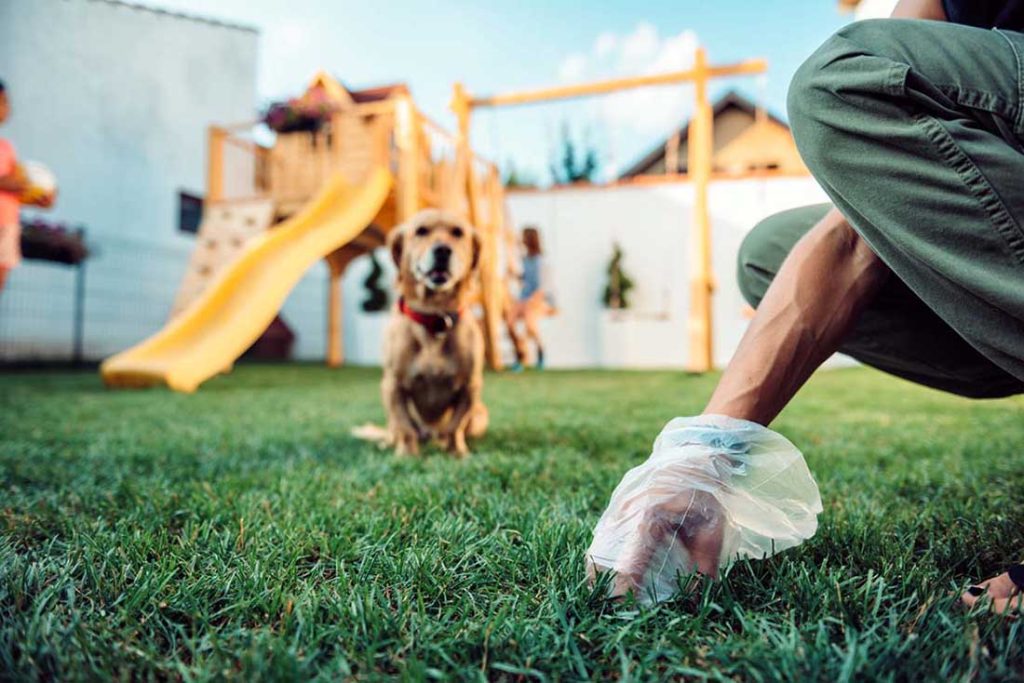
There is a list of diseases that can transmit from dogs to humans (and dogs to dogs) via feces. For this reason, take care when handling a dog’s feces.
Types of Bacteria That Come From Dog Poop
Diseases that are transmitted from animals to humans are called zoonotic diseases. Zoonotic diseases we can get from contaminated dog feces include:
- salmonella
- campylobacter
- giardia
- roundworms
- hookworms
Zoonotic diseases are always a bigger concern among susceptible people. These include the very young, the elderly, and the immunosuppressed (HIV, chemotherapy, chronically ill, immune-mediated disorders, organ transplant recipients, pregnant women, etc).
Salmonella
Salmonella are bacteria belonging to the genus Salmonella, the infection with this disease is also known as salmonellosis. Dogs can carry the bacteria with or without becoming ill. Unfortunately, many dogs do carry salmonella they obtain from either other dogs or even their food. Many commercial kibble diets, and especially raw diets, have tested positive for salmonellosis.
If your dog is eating these foods it may carry the bacteria. The issue is so concerning the FDA developed a video on safe food handling. A lick on the face or improper handling of contaminated feces can lead to infection in humans.
Campylobacter
Campylobacter sp is a similar threat and a common food-borne bacteria for humans. It is found in uncooked (raw) meats and is in virtually all poultry. This is why poultry must be cooked thoroughly. Many veterinarians have not supported the long-term feeding of raw diets to pets. Instead, they recommend lightly cooked diets like those made by JustFoodForDogs.
For both salmonella and campylobacter, the key is prevention. Feeding wholesome, lightly cooked, clean diets that are not contaminated with these bacteria in the first place will help prevent fecal contamination with these bacteria.
Giardia
Giardia sp is a protozoan infection that can also cause moderate to severe GI disease in humans. It exists in the environment and there are many different strains. Most people develop immunity to various forms of Giardia over their lifetime, but once again, the immunosuppressed or susceptible may be at risk.
Transmission is almost exclusively via the fecal-oral route, and for this reason, it is sufficient to use reliable poop bags that are free of any defects or holes. You should wash your hands thoroughly after disposing of the bag with feces in it.
Poo pickup tip: For pet owners who are extra susceptible, the use of latex gloves may provide an additional layer of protection.
Roundworms & Hookworms
Roundworms and hookworms are intestinal parasites that are most prevalent in younger dogs (puppies) and have been shown to establish infections in humans, especially children.
One form of the disease can cause blindness, which has led to increased awareness, yet the prevalence of this form of the disease is very rare. One year in the UK, only 52 children were diagnosed with OLM (ocular larval migrans), the form of the disease that causes blindness. Yet the headline read “One Child per Week may be Blinded by Puppies.”
The best method to avoid parasitic infection in humans is proper prevention. Dewormed puppies multiple times during puppyhood. Adult dogs should receive routine de-worming every 6-12 months.
STEP-BY-STEP INSTRUCTIONS FOR SAFELY CLEANING UP YOUR DOG’S POOP
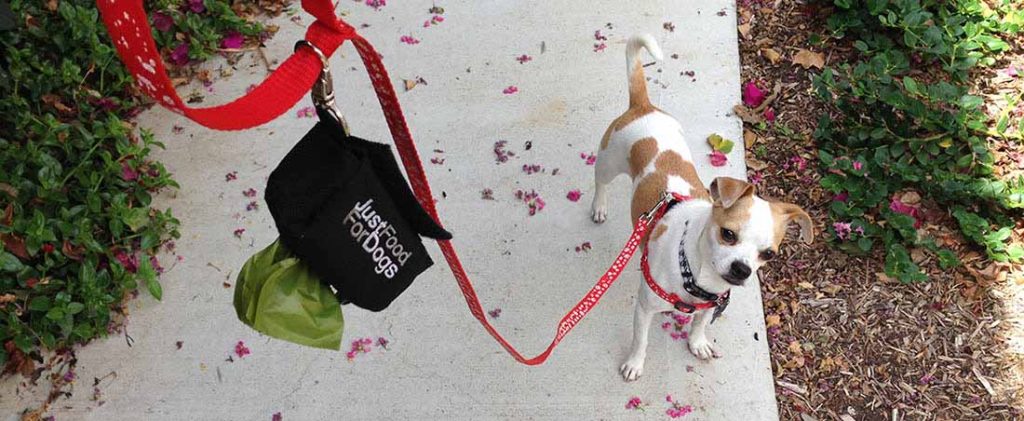
1. How to Safely Pick Up Dog Poo Outdoors
In order to clean up dog waste outdoors, it is best to have your dog potty on grass or sand in the first place. It’s best if children do not frequent the area where they defecate, so perhaps a patch of sand or an area in a park that is not popular.
Also, the consistency of the pet waste matters greatly. Soft poop is more difficult to pick up than firm stool. If your dog is having consistently soft stools, a vet should evaluate him, as this could be caused by some of the conditions discussed above.
If on sand or grass, use a thick plastic bag to cover the feces and entrap it, then turn the bag inside out immediately, trapping the feces in the bag. Tie the open end of the bag together and discard it into a wastebasket as soon as possible.
Some bags have features that provide additional protection like double layers on the end in contact with the feces and drawstrings. Be certain the bag is new and does not have any holes or punctures. Thin bags may rip, or break at the seam, which is the end you rely on to pick up the feces.
If your dog went on sand or grass, the threat of zoonosis from any feces left behind is diminished. Organic material in the grass may neutralize some bacteria. The inert nature of sand is a poor medium to maintain their growth. Most bacteria will not survive long in these conditions, although there are always exceptions.
Poop on Hard Surfaces
If your dog goes on cement or a hard surface, you may find it necessary to wash down the surface with water after picking up the poop as described above. Adding diluted bleach to the water is an additional precaution that will most definitely kill any bacteria or protozoa. If this is an area outside, use a bucket of diluted bleach water and splash it over the stain. To remove any remaining fecal material, scrub the area with a metal brush.
If the person doing the cleaning is immunosuppressed or is susceptible in any way, he/she should not be cleaning up the feces. If there is no other choice, the use of latex gloves may help as an additional precaution.
2. How to Safely Clean Up Poop Indoors
If the dog poops or leaves track marks from scooting indoors then you will pick up the feces in the same fashion as described above, but you must also thoroughly clean the surface. Lysol is a great disinfectant that kills virtually all zoonotic diseases and is safe to use on most indoor surfaces.
Dog owners can also make a DIY disinfectant cleaning solution by mixing equal parts white vinegar, vodka, and cold water with some lemon juice in a spray bottle.
The upholstery and carpet fibers can be disinfected with cleaning products as well. If there is a stained area, it may require additional cleaning. Try a special carpet cleaner or stain remover for complete removal of the poop stain.
When cleaning the affected area, dip a scrub brush in the soapy water and scrub out the pet stain until it is no longer visible. Dap over the area with paper towels to absorb as much of the moisture as possible.
Finally, in order to remove any odor of feces, you can use Simple Green Odor Eliminator, which is an excellent odor neutralizer. Baking soda is great for removing any lingering odor as well. Keep in mind, this is not necessarily a disinfectant, thus you should follow the steps above first: Lysol, soap and water, scrub, then odor eliminator.
3. How to Clean a Poopy Pet
The best thing to do if your dog becomes soiled is to give him a bath with warm water and dog shampoo. If you do not have dog shampoo, most bacteria are killed by soap and warm water.
Wearing gloves is another additional precaution that can help protect susceptible individuals if they must be the ones giving the bath.
The Final “Scoop” on Poop
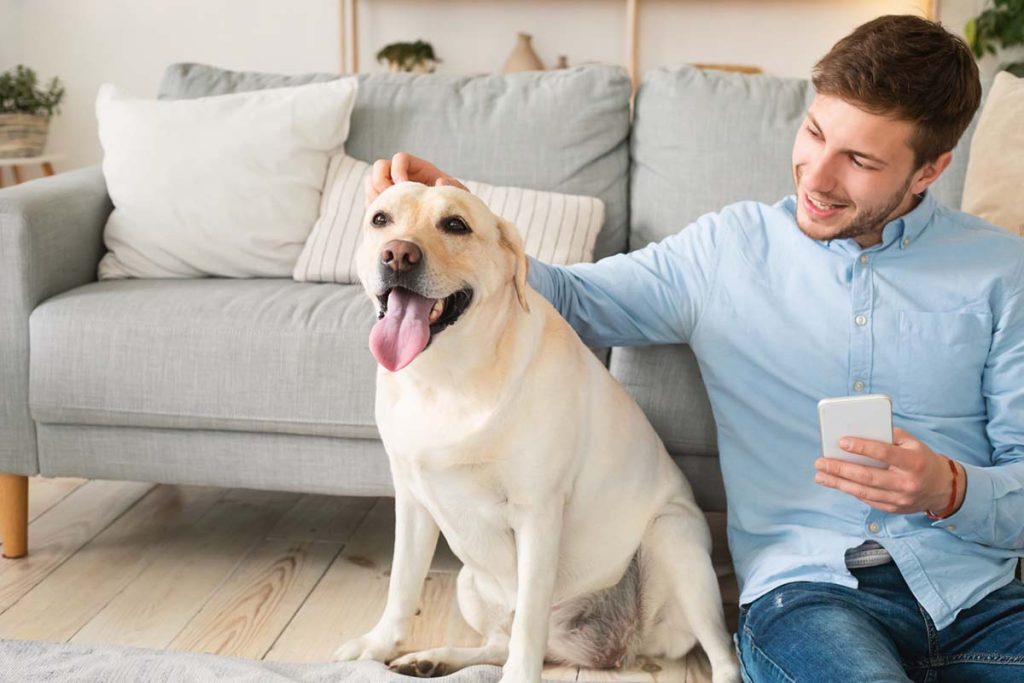
Healthy, clean dogs make healthy, formed stools, which are safer and easier to clean up. The best way to reduce any risk of disease is to feed a high-quality diet that is not contaminated in the first place. Keep your dog in good health and monitor his fecal consistency.
Many veterinarians now believe that the heavily processed, commercial diets that were once popular actually may cause GI upset due to the large amounts of preservatives and chemicals that they contain. Lightly cooked, wholesome diets with no preservatives are ideal. Many people choose to make healthy meals for their dogs at home.
Prevention is the best strategy when it comes to zoonotic potential. If your dog is eating the right food and producing healthy poops, then your own health will benefit.
